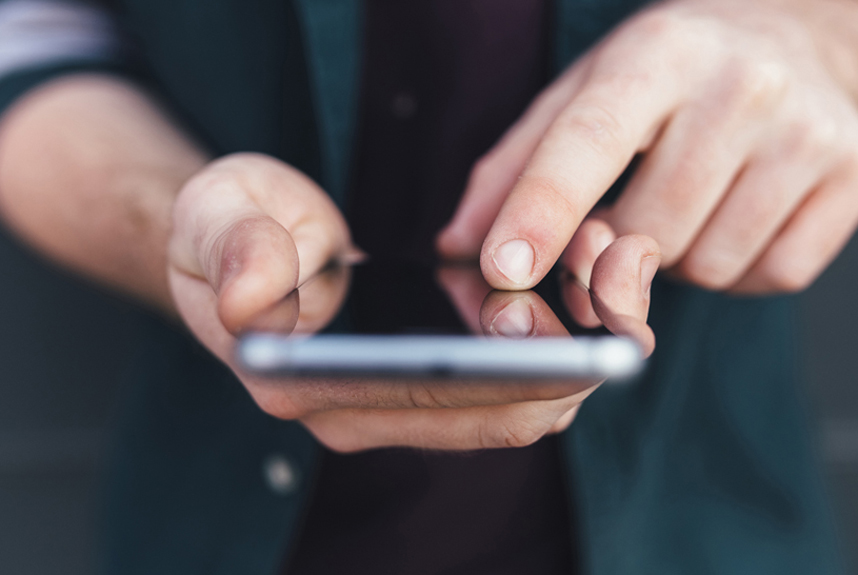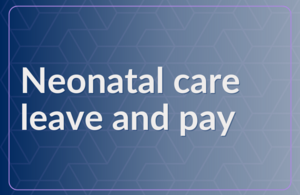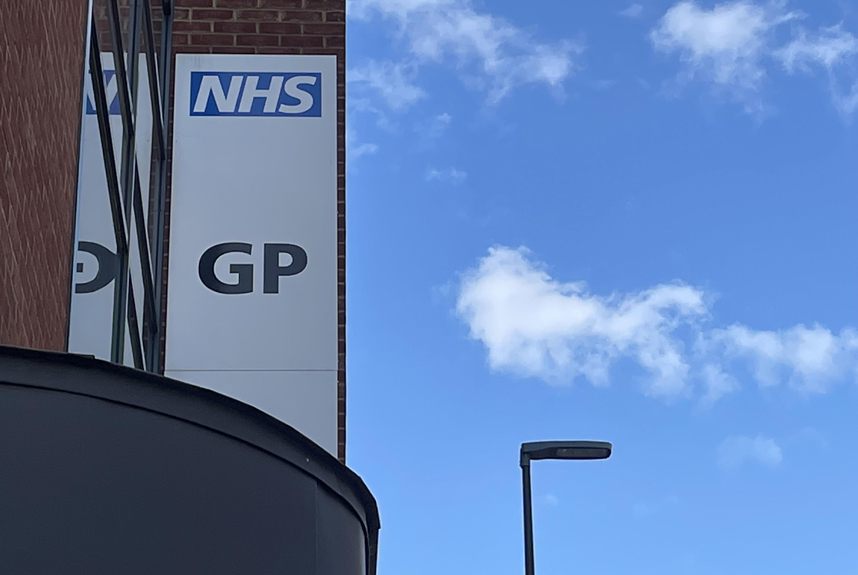

Patients Recording Consultations
Introduction
Using smartphones increasingly by patients, it is common that asking doctors if they can record or video consultations on their phones or other devices. There is guidance from BMA advising on whether patients can record doctors without permission or covertly, how to respond when a patient asks to record their appointment and what to do if a covert recording is posted online.
Insights from the BMA’s article
“There is significant benefit for both patients and doctors in supporting consensual recordings. We encourage doctors to do so, particularly where patients may have difficulty remembering information.
Our legal advice suggests that doctors’ common law privacy rights are likely to be engaged where patients make audio or visual recordings without a doctor’s consent. In our view, both doctors and patients can benefit where recordings are made openly and consensually.”
Insights from General Medical Council
“The GMC expects doctors to obtain patients’ consent to make a visual or audio recording, and to only make covert recordings with appropriate legal authorisation, “where there is no other way of obtaining information which is necessary to investigate or prosecute a serious crime, or to protect someone from serious harm”.
Patients, however, do not need doctors’ permission to record a consultation. The information they are recording is personal to them and therefore exempt from data protection principles. As the Information Commissioner’s Office (ICO) states on its website, “personal data processed in the course of a purely personal or household activity, with no connection to a professional or commercial activity, is outside the GDPR [General Data Protection Regulation]’s scope.”
Full article: Making and using visual and audio recordings of patients
Medical Defence Union Advice
“A more pragmatic response would be to invite the patient to record the consultation openly and ask them if you can have a copy of the recording, which can then become part of the patient’s own medical records. In seeking their consent to this, you should reassure them that the recording will be stored securely by the practice and only used for this purpose.”
Benefits of using recordings
- enabling patients to remember important advice, particularly where there are language barriers;
- providing a copy of the consultations when patients may have been distressed;
- giving patients more time to process information;
- helping patients and their family members where patients may be experiencing memory loss or have some cognitive impairment;
- including patients’ family members in their care and decision making; and
- helping patients to remember if the information is particularly complex.
Some advices from BMA if you have concerns. Full article from BMA.
Related Posts
Take Action to Save General Practice
Watch GPs talking about the actions they’re taking. The GPs Committee England met last week where we discussed the next…
Collective Action: Patient Appointments
This two-minute video shows GPC England colleagues’ views on this specific collective action. We are asking you to consider extending…



